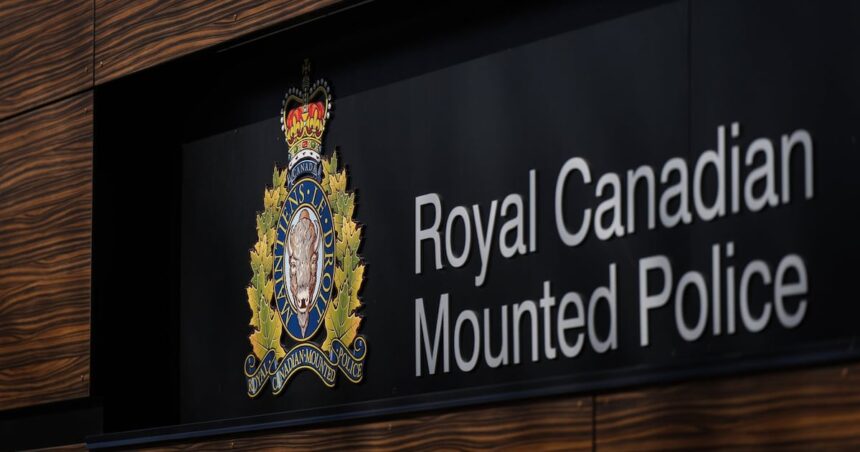In a decisive move highlighting Canada’s growing concerns about transnational organized crime, Public Safety Minister Dominic LeBlanc announced today that the Bishnoi gang has been officially designated as a terrorist entity under Canadian law. The designation marks a significant escalation in the federal government’s approach to combating the India-based criminal organization, which has reportedly expanded operations into Canada in recent years.
“The evidence of coordinated violence, intimidation tactics, and cross-border criminal activity has reached a threshold that demands this formal designation,” LeBlanc stated during a press conference in Ottawa. “This decision follows months of intelligence gathering and coordination with international partners.”
The Bishnoi gang, led by Lawrence Bishnoi who is currently imprisoned in India, has been linked to numerous targeted killings, extortion schemes, and drug trafficking operations that span multiple countries. Canadian intelligence reports suggest the gang has established a concerning foothold in several major Canadian cities, particularly within South Asian communities in the Greater Toronto Area and Vancouver.
According to the Canada News security analysis division, the terrorist designation provides law enforcement with expanded powers to freeze assets, criminalize support or membership in the group, and enhance prosecution capabilities against associates operating within Canadian borders.
The Royal Canadian Mounted Police confirmed that the designation follows a “disturbing pattern of escalating violence” associated with the gang. “We’ve documented multiple instances of extortion targeting business owners of Indian descent, alongside credible threats against prominent individuals in the Indo-Canadian community,” said RCMP Commissioner Elizabeth Dowdeswell.
Security experts from the CO24 World analysis team note that the Bishnoi gang has gained international notoriety for its alleged involvement in high-profile murder cases in India, including that of Punjabi singer Sidhu Moose Wala in 2022. Intelligence reports suggest the gang’s leadership has directed operations in Canada remotely, using local recruits and associates to extend their criminal enterprise.
The terrorist designation carries significant legal implications. The CO24 Politics legal affairs desk reports that individuals providing financial or material support to the gang now face potential terrorism charges, with maximum penalties of up to 10 years imprisonment. Financial institutions must now freeze any assets connected to the organization and report suspicious transactions.
Community leaders in the Indo-Canadian community have expressed mixed reactions. While many applaud the government’s decisive action, others worry about potential stigmatization. “We fully support efforts to combat organized crime, but there must be care not to paint entire communities with the same brush,” said Ajay Sharma, director of the Canadian South Asian Alliance.
International security cooperation appears to have played a crucial role in the designation. Sources within the CO24 News international desk indicate that Canadian officials consulted extensively with counterparts in India, the United States, and Australia, all of which have experienced Bishnoi gang activity to varying degrees.
The economic implications of transnational gang operations remain concerning, according to CO24 Business analysts. “Criminal organizations operating across borders can disrupt legitimate commerce, intimidate business owners, and create economic instability within affected communities,” noted financial crime specialist Margaret Wong.
As this new designation takes effect, a critical question emerges for Canadian society: how can law enforcement effectively dismantle transnational criminal networks while ensuring that innocent members of cultural communities aren’t unfairly targeted in the process?














